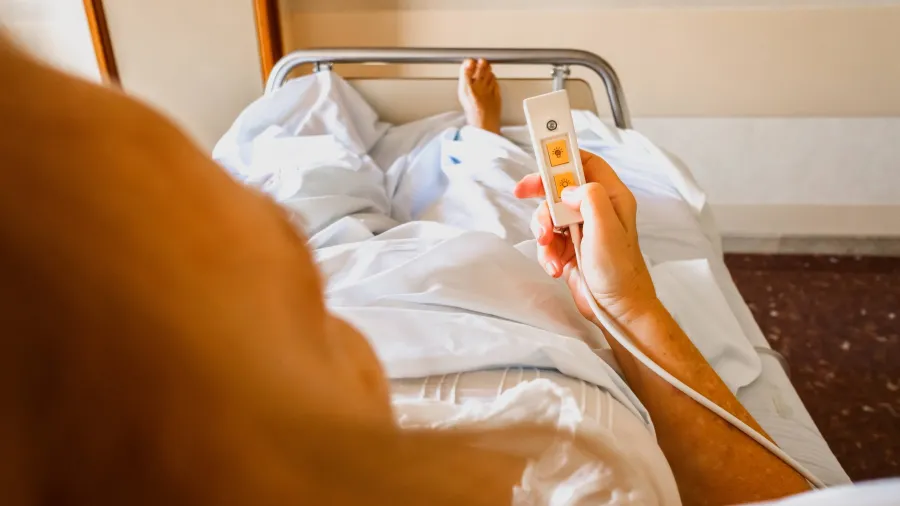
Medical alert systems market to double by 2032
Thanks to product performance innovations and AI integration.
The medical alert systems market, valued at $9.05b in 2023, is projected to reach $18.71b by 2032 at a compound annual growth rate of 8.45%, according to SNS Insider.
The sector’s expansion is attributed to innovations in product performance, artificial intelligence integration, and improved service quality.
In line with this, developments in mobile personal emergency response systems, smartphone integration, and wearable technology have boosted the adoption of these devices.
Moreover, the rising elderly population and the increasing prevalence of chronic diseases are driving market growth.
“Additionally, government initiatives supporting elder care and remote patient monitoring further drive market expansion,” the report said.



















 Advertise
Advertise





